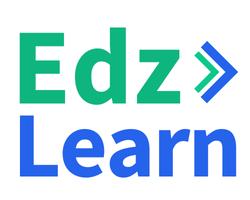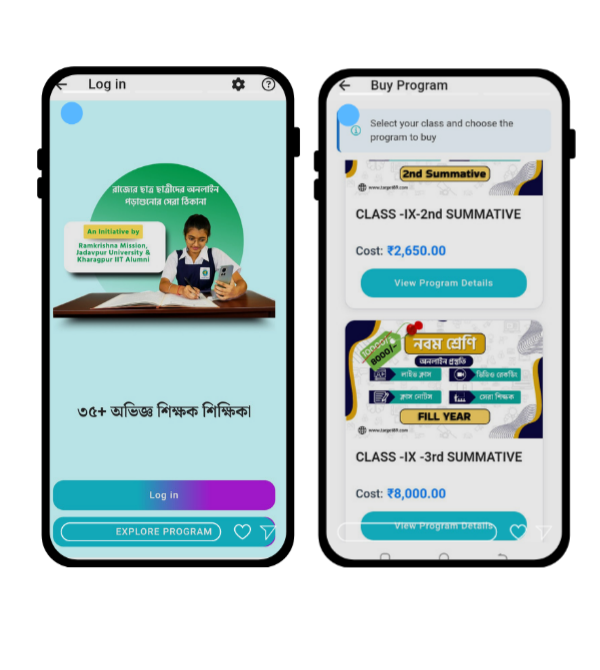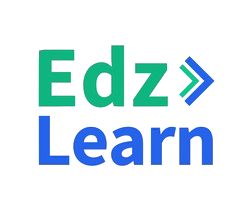In the rapidly evolving landscape of education technology, the integration of Artificial Intelligence (AI) into Learning Management Systems (LMS) represents a significant leap forward in enhancing the learning experience for both educators and learners alike. In this blog, we’ll explore the transformative potential of AI-powered LMS integration and how it can revolutionize the way we teach, learn, and interact with educational content.
- Home
- LMS
- K12 LearningSkills LearningCertificationLearning AppDashboardEmployee AppCorporate LearningTeacher AppUniversityK12 App
- About EDZLMS
- Products
- Features
Explore the detailed list.
Enhance the way your business develops, provides and interacts with learning through AI.
Innovative content creation and design.
Blended or self learning, experience everything.
Various gamification and rewarding approach for learners.
Managing users with excel, integration with other tools.
Create branded different portals for different set of learners and manage.
Check visual reports at one place and download.
Immerse yourself in our innovative e-learning platform, designed with customizable solutions and powered by AI-driven learning management technology.
Using robust API, integrate other tools to create smooth learning experience.
- Resources
- Home
- LMS
- K12 LearningSkills LearningCertificationLearning AppDashboardEmployee AppCorporate LearningTeacher AppUniversityK12 App
- About EDZLMS
- Products
- Features
Explore the detailed list.
Enhance the way your business develops, provides and interacts with learning through AI.
Innovative content creation and design.
Blended or self learning, experience everything.
Various gamification and rewarding approach for learners.
Managing users with excel, integration with other tools.
Create branded different portals for different set of learners and manage.
Check visual reports at one place and download.
Immerse yourself in our innovative e-learning platform, designed with customizable solutions and powered by AI-driven learning management technology.
Using robust API, integrate other tools to create smooth learning experience.
- Resources













